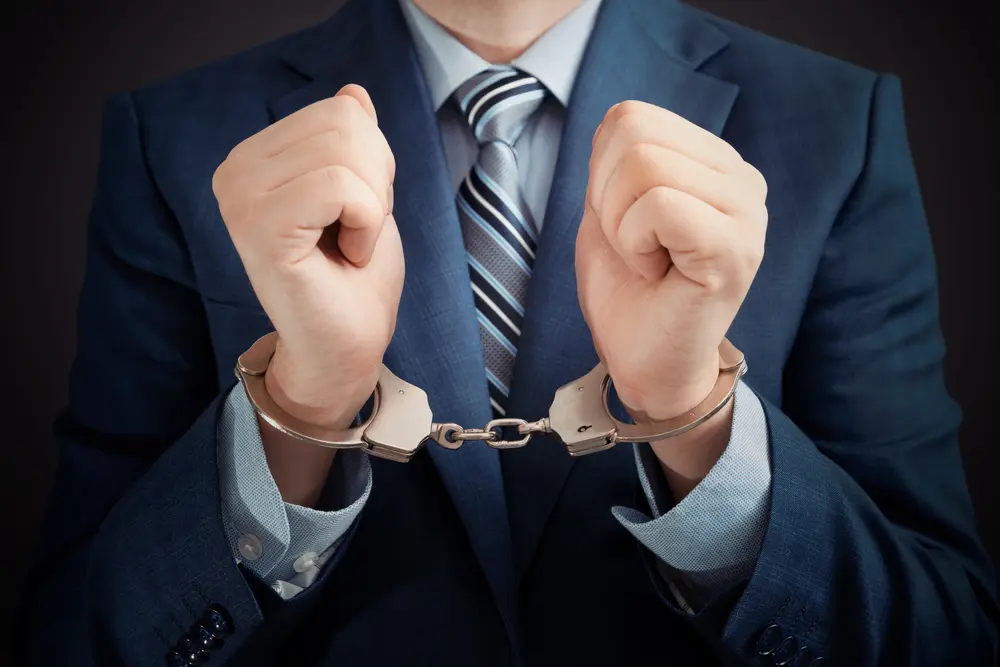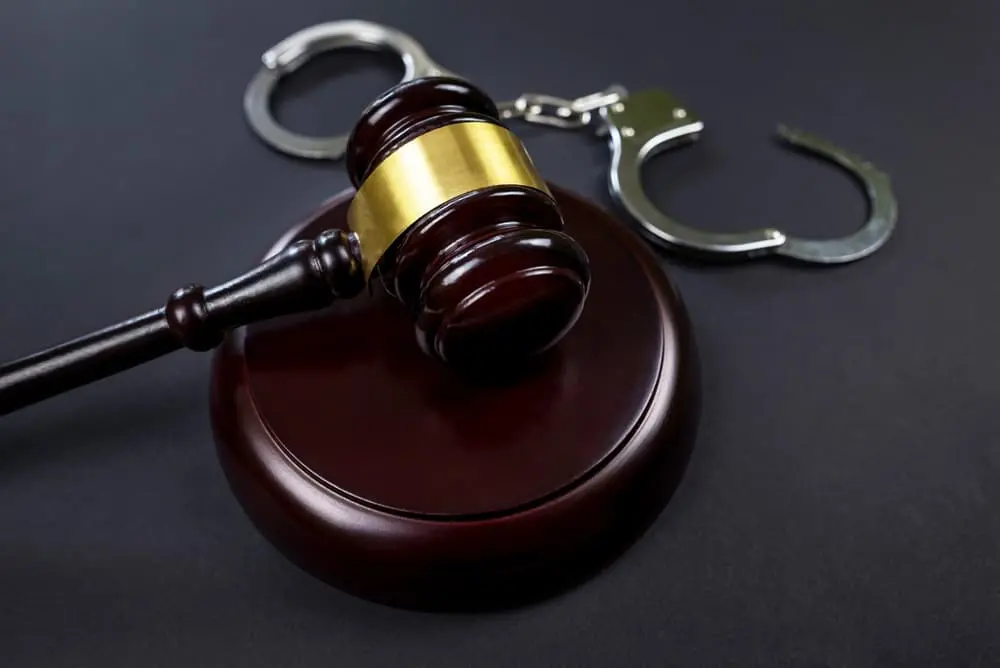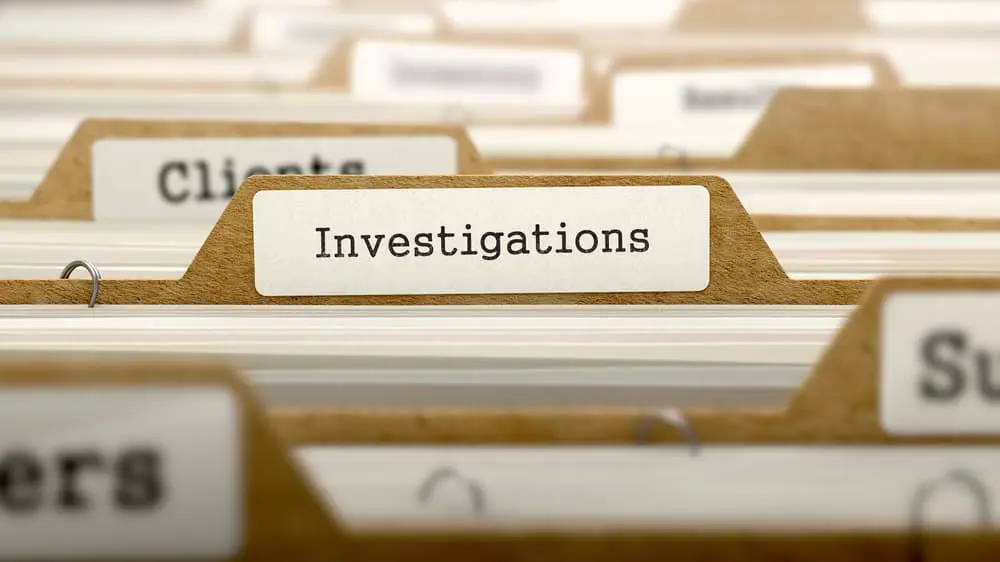What to Do if You Are About to Be Charged with a Crime

Criminal charges don’t begin in the courtroom. They start in quiet conversations, sealed documents, and digital trails. If you believe you’re under investigation and want to know what to do if you are about to be charged with a crime, now is the time to take action. Preparing for criminal charges isn’t about panicking. It’s about taking careful steps to protect yourself.
What happens in the days or weeks before charges are filed is one of the most critical phases of any criminal defense. The pre-file investigation often unfolds quietly. If you suspect you’re being investigated, now is the time to seek legal help.
Many people make the mistake of speaking too soon. They want to be cooperative, and they want to explain the situation from their perspective. But talking to police without a criminal defense lawyer rarely helps. In fact, it often hurts. Here, we’ll look at the value of legal advice before criminal charges and some steps to position yourself for the best outcome.
Key Takeaways for What to Do Before You’re Charged with a Crime
- You have the right to stay silent, even if you’re not under arrest.
- Investigators often build their case before you hear from them.
- What you say to police, even informally, can be used against you later.
- Early legal intervention may stop charges from being filed at all.
- A criminal defense lawyer can step in and protect you from the start.
Think You’re Being Investigated? These Are the Red Flags
Criminal charges rarely come out of nowhere. In most cases, law enforcement and prosecutors spend weeks or months gathering evidence before filing formal charges with the court. Some signs that you may be under investigation include:
- Police or federal agents have reached out to you “just to talk.”
- You’ve received a grand jury subpoena or a target letter from the U.S. Attorney’s Office.
- People close to you, such as coworkers, family, or friends, have been questioned.
- A search warrant has been issued for your property, devices, or financial records.
- You’ve already been detained and released without formal charges.
- You were notified that you’re “a person of interest” in an active case.
Even if nothing formal has happened yet, these signs often mean charges are coming. Don’t wait to see what happens next. The earlier you act, the more control you keep.
Your Legal Protections Start Now, Not After Arrest
You don’t need to be arrested to have rights. Your constitutional protections are in place before law enforcement contacts you. Unfortunately, many people don’t realize how much is at stake until it’s too late.
These are some of the key rights you have before criminal charges are filed:
- Right to remain silent. If you’re being questioned by law enforcement, you don’t have to answer—not in person, not over the phone.
- Right to legal counsel. You can consult a lawyer at any time, even during a casual conversation with law enforcement.
- Right to decline a search. Unless the police have a valid warrant, you can say no to searches of your home, car, or phone.
- Right to avoid self-incrimination. You’re not required to explain yourself or offer your side of the story.
These protections are written into the U.S. Constitution. They apply whether you’re being questioned in Texas, California, or anywhere in the U.S. Using them early is not an admission of guilt. It’s how you protect yourself.
Why Talking to Police Without a Lawyer Can Backfire

If investigators contact you, it often sounds casual—just a few questions, nothing formal, no need for a lawyer. They might even tell you you’re not the focus of the investigation. But these conversations are rarely harmless.
Anything you say can be recorded, misinterpreted, or used to support charges against you later. Even a brief, cooperative exchange can give law enforcement the leverage they need to move the case forward.
Once police suspect you’ve committed a crime, they are trained to get information that supports that conclusion. Their goal isn’t to prove your innocence. It’s to gather evidence.
Your words can be twisted or misunderstood even if you know you didn’t break the law. And once something is on record, it becomes very hard to undo. Talking to law enforcement without a lawyer is a risk you don’t need to take.
What Law Enforcement May Be Doing Behind the Scenes
You might not see it happening, but investigators don’t sit idle. Long before charges are filed, they often work with prosecutors to build a case from the ground up.
Here’s what may be happening behind the scenes:
- Investigators are gathering physical and digital evidence
- Witnesses are being interviewed and recorded
- Search warrants may be requested and executed
- Prosecutors are reviewing evidence to determine charges
- A grand jury may be hearing testimony to consider an indictment
This process can take time, but that doesn’t mean it’s safe to wait. A criminal defense lawyer can start protecting you now, even if you haven’t been formally accused.
What to Do Right Now If You Think Charges Are Coming
When you’re facing the possibility of criminal charges, it’s easy to freeze. But doing nothing is one of the most dangerous options. If you act early, you may be able to change the course of your case.
Here are practical steps to take immediately:
- Don’t speak to law enforcement. Decline interviews, emails, and calls until you’ve spoken to a lawyer.
- Secure a defense attorney. This is not the time to wait. You need someone in your corner.
- Avoid deleting anything. Getting rid of texts or files can be seen as an obstruction.
- Save potential evidence. Emails, messages, and documents may help your defense later.
- Stay quiet on social media. Anything you say publicly may be used in court before or after an arrest.
These are strategic, defensive moves. Every step you take now can reduce your exposure and protect your future.
Can You Be Arrested Without Formal Charges?

Yes. Depending on where you live and the nature of the investigation, law enforcement can arrest you based on probable cause alone. In many federal cases, this happens under a sealed indictment or after a grand jury signs off on charges.
If you’re arrested without a warrant or indictment, prosecutors generally have a limited time, often 48 to 72 hours, to file formal charges. But during that time, you may be questioned or held without access to all the facts.
That’s why staying silent and contacting a lawyer as soon as possible is critical. Every conversation you have without legal protection could hurt your case later.
Seeking Legal Help Early Can Shape Your Entire Case
People often assume that hiring a defense lawyer is something you do after you’ve been charged. In reality, some of the most important work happens before anything is filed in court.
A defense lawyer can:
- Help prevent your arrest in front of your family or neighbors by arranging a private surrender
- Speak directly with prosecutors and share evidence in your favor
- Advise you on how to protect yourself from further investigation
- Intervene in a grand jury process when appropriate
- Position your case for the best possible outcome from day one
Hiring a criminal defense lawyer early allows you to protect your rights, correct the record when necessary, and influence key decisions before prosecutors move forward without hearing your side.
The Criminal Justice Clock Starts Before You Ever See a Courtroom
The absence of a formal charge doesn’t mean nothing is happening. By the time you hear from the court, law enforcement may have already gathered evidence and made key decisions about you and your case behind closed doors.
When you finally hear about your case in a formal way, they may already be weeks or months ahead of you. The pre-charge phase isn’t empty space. It’s where prosecutors quietly lay the groundwork.
Taking proactive steps now—before you’re arrested or indicted—gives you the chance to protect your future while it’s still possible to shape the outcome.
What Happens After Charges Are Filed? A Quick Look at the Road Ahead
If charges do move forward, knowing what comes next can help you prepare emotionally, legally, and practically. Many people don’t know their rights until after they have been arrested. Knowledge is power, and knowing what to expect can provide some protection.
The stages of a criminal case typically include:
- Arrest or voluntary surrender. You may be taken into custody or allowed to turn yourself in.
- Bail or detention hearing. A judge decides if you’ll be released or held until trial. Read more about how bail bonds work after being charged.
- Initial appearance. You’re formally notified of the charges and your rights.
- Indictment or arraignment. You enter a plea; in federal cases, a grand jury may already have returned an indictment.
- Pre-trial phase. This is where investigation, motions, and plea discussions happen.
- Trial or resolution. If no plea is reached, your case goes before a judge or jury.
At every step, a criminal defense lawyer works to minimize your exposure, challenge weak evidence, and fight for a resolution that protects your life and liberty.
Your Rights During a Criminal Investigation

Before formal charges ever appear, your rights are already on the line. If you don’t know what you can say or what you should not say, you risk giving investigators more than they’re legally entitled to. You have the right to:
- Refuse to answer questions. You don’t need to “clear things up” or “tell your side.”
- Ask for legal counsel. At any time, you can stop a conversation and ask for a lawyer.
- Decline permission to search. Unless law enforcement has a valid warrant, you can say no.
- Avoid giving voluntary statements. Casual comments can be treated as evidence.
- Be informed of charges if you’re arrested. If you’re detained, you must be told why.
These rights are safeguards, not formalities. They exist to protect you from saying or doing something early on that could damage your case later.
Common Mistakes That Can Hurt Your Defense
Good people make avoidable mistakes when they feel frightened, ashamed, or unsure about what to do next. But what seems like cooperation can sometimes backfire.
Here are some things to avoid if you suspect charges are coming:
- Explaining yourself to police without an attorney present
- Deleting texts, emails, or records that could be seen as evidence
- Posting anything online that could be taken out of context
- Trying to influence witnesses or coordinate stories
- Assuming you’re not at risk just because no one has called you yet
In criminal law, silence is not suspicious. It’s protective. Waiting for a lawyer to speak on your behalf doesn’t make you look guilty. It makes you smart.
FAQs About Preparing for Criminal Charges
What should I do if I think I’m going to be charged with a crime?
Start by protecting yourself. Don’t talk to law enforcement or investigators without legal representation. Find a criminal defense attorney as soon as possible, ideally one with experience in pre-file investigations. You may still have time to stop the case before it becomes public.
Can I talk to a lawyer before I’m arrested?
Yes. In fact, it’s one of the smartest things you can do. Hiring a lawyer before you’re arrested allows you to manage how the situation unfolds and avoid making damaging mistakes early on.
How do I know if I’m being investigated?
You might notice strange phone calls, unexpected visits, or that people close to you are being questioned. You may receive a subpoena or a letter identifying you as a “target.” In federal cases, prosecutors often signal their intent long before making an arrest.
Should I answer police questions if I haven’t been charged?
No. Even if you haven’t been charged, you still have the right to remain silent. Anything you say can be used to build a case against you later. Politely decline to answer and request to speak with a lawyer.
Can I be arrested without knowing the charges?
Yes. In both state and federal cases, law enforcement can arrest you under a warrant or probable cause. You’ll eventually be informed of the charges, but the arrest can happen first. That’s why early legal counsel is so important.
When You Need More Than a Local Lawyer

Many criminal defense firms handle a little bit of everything—DUI, drug possession, and misdemeanors. But when the stakes involve felony charges, federal investigations, or high-profile matters, the lawyer you choose matters more than ever.
If your case may involve federal jurisdiction, large-scale investigations, or serious felony allegations, you need representation that’s built for high-stakes defense. That means:
- Board Certification in Criminal Law and Criminal Appellate Law
- Experience in both trial and appellate courts
- Ability to handle complex evidence, expert testimony, and federal procedure
- Relentless commitment to strategically and aggressively protecting your future
These are just some of the qualities that have made Whalen Law Offices a trusted name in criminal defense law, not only in our home state of Texas but across the U.S.
Get Ahead of the Charges. Contact Whalen Law Offices Today.
If you think criminal charges are coming, the clock is already ticking, and the choices you make today can affect everything that follows, from whether you’re arrested to how your case unfolds to what your future looks like in the years to come.
You don’t need to wait for a formal indictment to protect yourself. In fact, waiting is the biggest risk you can take. At Whalen Law Offices, we represent clients in all stages of a criminal charge, including those who saw the warning signs and chose to act before it was too late.
Our offices in Frisco and Sherman, Texas, handle federal criminal cases across the country. Led by attorneys board-certified in both Criminal Law and Criminal Appellate Law, we focus exclusively on serious felonies and complex federal matters.
When you work with us, you’re not hiring just a lawyer; you’re gaining a partner in protecting your rights, your name, and your future.
Call +1-214-368-2560 or contact us online for a confidential consultation today.